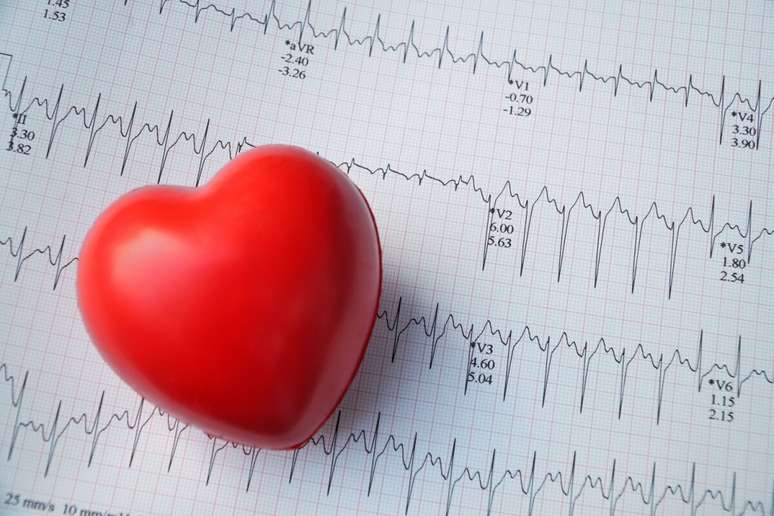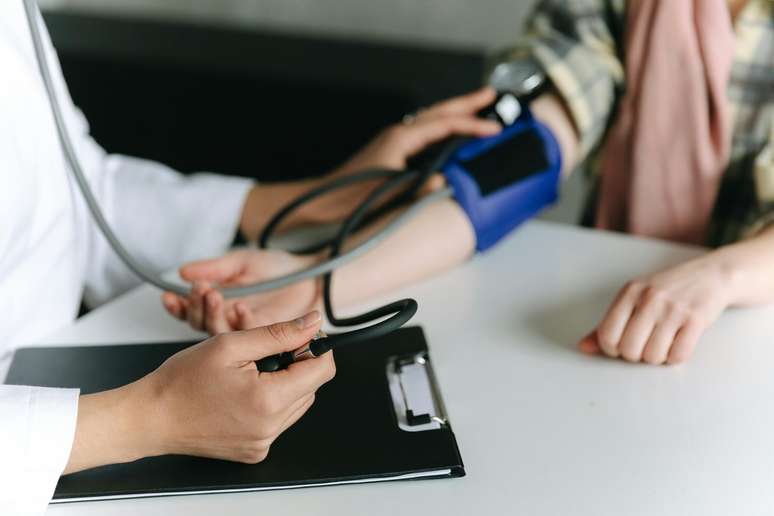The doctor explains how some daily habits can damage the functioning of this organ
The heart is a vital and central organ in the functioning of the human body, playing a vital role in blood circulation and providing oxygen and nutrients to all cells and tissues. Therefore, any cardiac dysfunction can lead to a number of health problems, including serious cardiovascular disease.
In this sense, lifestyle can have a direct impact on the heart, potentially preventing or encouraging heart problems in the future. “Many people end up underestimating the impact of their habits on heart health, neglecting preventative care or taking it only when a problem arises; but, at these times, they no longer have the effect they would have had previously,” he warns the cardiologist Dr. Roberto Yano.
According to the doctor, this happens because many harmful and considered trivial habits, over time, can compromise and damage the proper functioning of the heart. Therefore it is essential to be aware of the factors that can influence the health of this organ. Watch!
1. Mental health
Mental health disorders such as anxiety, depression and chronic stress can negatively affect cardiovascular health, increasing the chances of heart disease and associated problems. Additionally, behaviors such as loneliness and social isolation also affect heart health.
2. Poor quality sleep
Insomnia, constant lack of sleep or poor-quality rest negatively affect heart health, increasing the risk of heart attack and stroke. Furthermore, they can trigger anxiety and stress, establishing a dangerous cycle for the heart.

3. Excessive sitting
Research shows that spending many hours sitting during the day affects blood circulation and, consequently, the heart health. To prevent these problems it is essential to take frequent breaks and perform light physical exercises to stimulate circulation.
4. ultra-processed foods
ultra-processed foods contain high levels of sugar, fat, sodium, artificial sweeteners, colors and emulsifiers. In excess, they increase the risk of cardiovascular problems.
5. See a doctor only when symptoms appear
In most cardiovascular disease, the first symptoms appear when the condition is already advanced, reducing the chances of recovery. Therefore, it is essential to undergo regular routine tests, even in the absence of symptoms, to detect any problems early and treat them more effectively.
By Adriana Quintairos
Source: Terra
Ben Stock is a lifestyle journalist and author at Gossipify. He writes about topics such as health, wellness, travel, food and home decor. He provides practical advice and inspiration to improve well-being, keeps readers up to date with latest lifestyle news and trends, known for his engaging writing style, in-depth analysis and unique perspectives.









